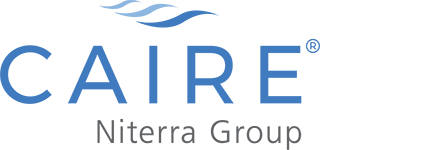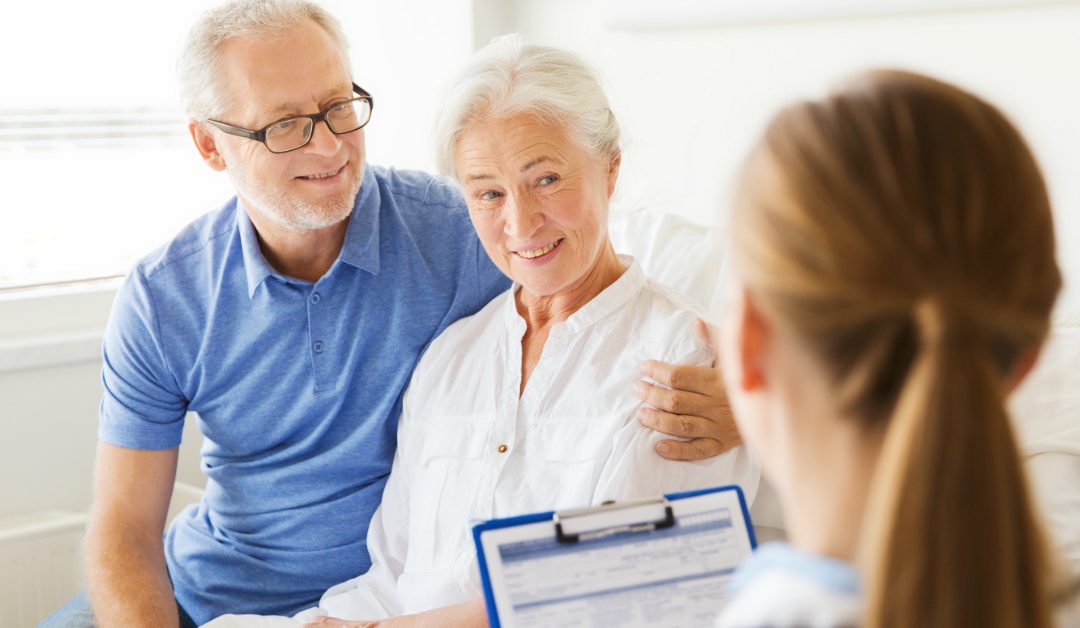Contributed by Jim Nelson, consultant to CAIRE Inc. ~
Simply put, an advocate is someone who speaks for another. In the case of a patient, it is someone who gathers information, researches the disease, and attends appointments. Their function is to protect, to augment the knowledge and perception of the patient.
That is an incredible gift. The advocate gives of their own time, their own knowledge of the patient and of the disease. Many times, the advocate is also the caregiver.
That is certainly our case. Mary has been my caregiver for so many years through so many illnesses. She is, in my humble opinion, the world’s greatest caregiver! That may be a disputable claim, but she has kept me upright and mobile for so many years …
That being said, she is also my advocate. She attends appointments, gathers information, and helps me to remember just what the medical professionals said. However, I also act as my own best advocate!
At this stage of my battle with the elements of the universe that would kill me in a second, given the chance, I still know how I feel better than anyone else, even Mary. I know a good deal about my disease, and I will take whatever chance I get to learn more. There may well come a time when I am no longer able to absorb all of the details involved in my continued survival, but for now I am still acting as my own best advocate.
Between Mary and I, we constitute a formidable team. We have spent many years writing, speaking, teaching others how to deal with their maladies. That of course puts us in a rather unique position of gathering knowledge so that we can tell you truthful things.
The down side of the whole advocacy thing is that the patient can grow accustomed to depending on the advocate to gather and analyze the information that really should be in the patient’s database. It can become easy to depend on the advocate rather than absorbing necessary information.
All well and good, as long as the advocate is capable, knowledgeable, and available. Even caregivers have lives, other responsibilities, their own appointments. There may well come a day when you are faced with dealing with the doctor all by yourself. What then? If you are accustomed to depending on your caregiver/advocate to remember everything, it will be hard for you to absorb the information.
So, even if you have a platoon of advocates, I would recommend that you do whatever is necessary to stay aware of your condition, of the warnings and suggestions that will come your way. Pay attention! Ask questions if you are at all unsure of the instructions. Take along a recorder. Any smart phone will have free applications for audio recorders. If the doctor objects to the recording of the appointment, find another doctor! It is your life, your health, your well-being that is at stake.
We have said it many, many times … Knowledge is Power! One final point … If you will take the initiative to learn about your disease, about the related medications and their uses, about the need for oxygen and the value of exercise, you will likely impress the heck out of your doctor! Instead of the necessity of reeducating you for every appointment, they will be able to use the time to give you the information that you really need. Doctors love that!
So, please take the time and the effort to learn about your situation. If you have the world’s second-best advocate, (Mary is still first …) you will be able to compare notes, to implement useful procedures, to keep you as healthy as possible.
And that is what it all about!!
~ Uncle Jim
Jim Nelson is a double lung transplant recipient and a patient advocate for COPD patients throughout the U.S. and around the world. He and his wife, Mary, are well known patient advocates and brand ambassadors for those organizations who tirelessly endeavor to help those individuals who suffer from a variety of respiratory diseases and the caregivers who support them.
If you have been prescribed oxygen therapy, learn more about CAIRE by visitingwww.cairemedical.com or calling 1-877-704-0878 to talk to an oxygen advisor.
When using any oxygen therapy device please consult the applicable product instructions for use for product indications, contraindications, warnings, precautions, and detailed safety information.

